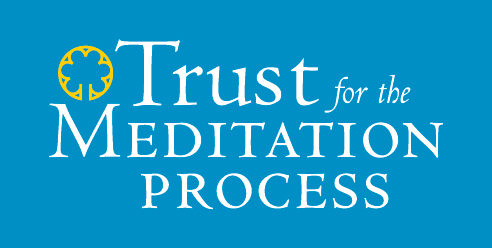Grant Guidelines
Our focus is short-term projects where a small grant can make a credible impact and result in clearly identifiable outcomes. We make 20 to 40 grants annually. Initial awards are typically small – $3,000 to $5,000.
The type of projects we fund includes:
Meditation courses, workshops, lectures or retreats.
Trainings, sabbaticals, retreats and other development for meditation teachers.
Meditation curriculum development.
Books, supplies and equipment for meditation programs.
Efforts to expand and build the capacity of meditation programs and address barriers to practice.
Meditation research, especially the development of simple, effective, accessible evaluation tools.
Publications that effectively spread critical perspectives on meditation and meet an important gap in the current literature.
East/West meditation dialogue.
We generally limit grants to the United States. International grants as well as grants to endowment, capital campaigns, and general operating support are very rare. We do not contribute to annual fundraising or membership appeals. We fund direct project costs only and do not support indirect overhead allocations.
Key Questions
Here are some of the key questions we ask when evaluating a proposal:
Is the project within our mission?
Does it clearly address one or more of the objectives listed in either the Contemplative Christianity Program or the Mindfulness Program?
Does it meet the Guidelines listed above?
Is it of the highest quality?
Does it use a recognized teacher, speaker or leader with appropriate training and an extensive personal meditation practice?
Is the quality of teaching and the meditation experience central to the project?
What kind and level of impact might the project make?
Does the project have a specific audience in mind as well as specific plans for reaching them?
Is it reaching new or underserved audiences or audiences where the need is especially great or the potential for impact significant? Possibilities include BIPOC AND LGBTQ communities, young people, people facing illness, trauma or loss, people in poverty or in prison, and people dealing with addictions.
Might the project ultimately become self-sustaining?
Will a small grant such as ours make a significant difference to the project?
What is the administrative capacity of the sponsoring organization?
Does the project have the support of the organization’s leadership?
Is the organization sufficiently organized, staffed and funded to achieve its goals?
Where appropriate, has the organization evaluated the project’s potential for income generation?
Does the organization show efforts to evaluate and adapt their work?
“In the world that lies ahead, how we live together with different points of view is going to become more and more important. I don’t know if we can make progress ...without a contemplative practice that alerts us to our own biases, prejudices and self-centered programs for happiness, especially when they trample on other people’s rights and needs.”

